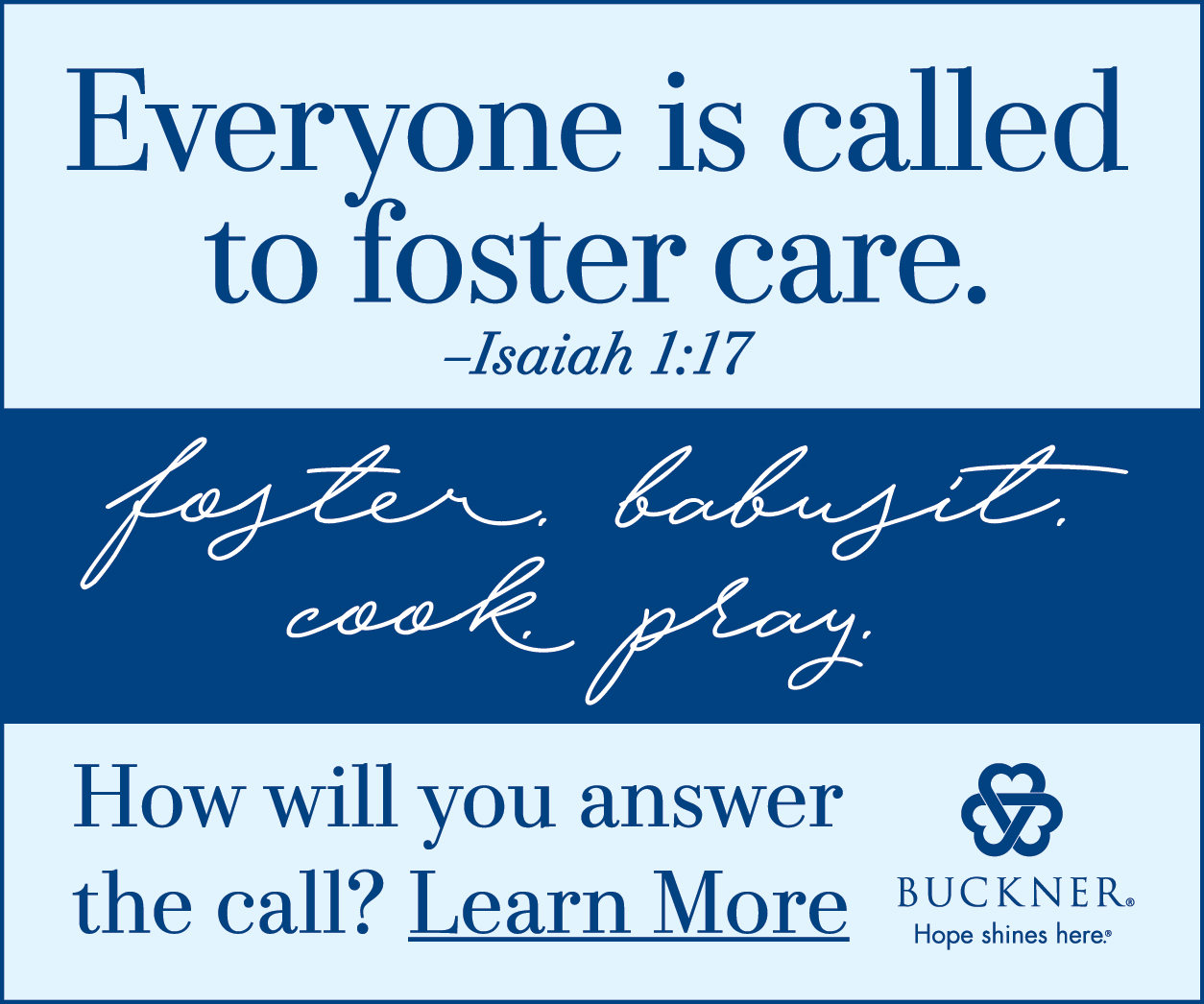Forty years after legalization in the United States, abortion remains controversial and divisive. About 55 million abortions have been performed in the United States since 1973. In their wake remain multitudes of “silent sufferers,” for whom abortion has been a traumatic life-changing experience.
They are family members, neighbors, co-workers and people sitting next to us in church. No doubt, many people you come in contact with have been affected by their decision to have an abortion. Many of them suffer from Post Abortion Stress.
Post abortion stress
Haven’t heard of Post Abortion Stress? Not surprising. We hear about the effect on babies who are aborted, but little attention is paid to the women who live with their decision to abort.
Post Abortion Stress was coined in 1981 by researchers who discovered (and peer reviews subsequently confirmed) abortion induces stress that places women at higher risk for developing a range of mental health problems.
These include depression, loss of self-esteem, self-destructive behavior, self-hatred, drug and alcohol abuse, sleep disorders, memory loss, sexual dysfunction, chronic problems with relationships, dramatic personality changes, anxiety attacks, guilt and remorse, difficulty grieving, increased tendency toward violence, chronic crying, difficulty concentrating, flashbacks, loss of interest in activities and people, and difficulty bonding with later children. Symptoms often lay dormant until later in life.
Fortunately, “silent sufferers” are seeking out recovery programs. But to whom do they turn, and do they all seek help?
Some dig deeper into their pain, refusing to consider their decision to abort has any correlation with their agony. But quite often, post-abortive women seek help within their churches, since 79 percent of women who have had abortions profess to be Christians—43 percent identify themselves as Protestant, and 27 percent say they are Catholic.
Ministry leaders who are unequipped to meet the needs of these women are learning first-hand the particular agony that has festered within their congregations for many years. Churches are seeking resources and training to begin ministries to help women who have had abortions find God’s healing.
Sign up for our weekly edition and get all our headlines in your inbox on Thursdays
What can your church do to reach out to them? Here are a few suggestions:
• Understand the many factors that lead to an abortion—pressure from others, lack of information and a feeling the pregnant woman has no other choice. Understanding them enables us to avoid condemning them.
• Realize that, 40 years on, many people consider abortion normal and acceptable. Some believe abortion is their right and think it bears no consequences. Most importantly, realize few people are addressing the severe emotional and physical effects of abortion.
• Recognize the human costs of many abortions, including suicide, drug and alcohol abuse, promiscuity, and abuse of women and children.
• Acknowledge the pain someone experiences from an abortion. Be compassionate and loving.
• Embrace the need to make your church a place where women can feel safe to discuss their pain caused by an abortion. Many women who have had abortions sit in silence for decades, afraid to share their experience for fear of judgment. Testimonies of individuals who have life-changing experiences from abortion are powerful tools to reach others in similar situations.
• Empathize with their need for forgiveness. Many women believe abortion is a sin too big for God to forgive. Often, they are unable to forgive themselves.
• Address the need to develop a specific ministry for post-abortion healing within your church.
Understand the power of love for women who have had abortions—where they are, as they are. Allow them to see the love, hope and healing power of Jesus Christ. When the hurting have walked through the healing process, they then can speak out, impassioned to take their message of pain and healing to the world around them, perpetuating the truth of the harmfulness of abortion and the healing found only in Jesus.
Debby Efurd is director of post-abortion support for Involved for Life in Dallas, which operates Downtown Pregnancy Center, Uptown Women’s Center and Sonograms-On-Site. She leads post-abortion Bible studies and facilitator training. She lives in Duncanville and is a member of First Baptist Church in Dallas.















We seek to connect God’s story and God’s people around the world. To learn more about God’s story, click here.
Send comments and feedback to Eric Black, our editor. For comments to be published, please specify “letter to the editor.” Maximum length for publication is 300 words.